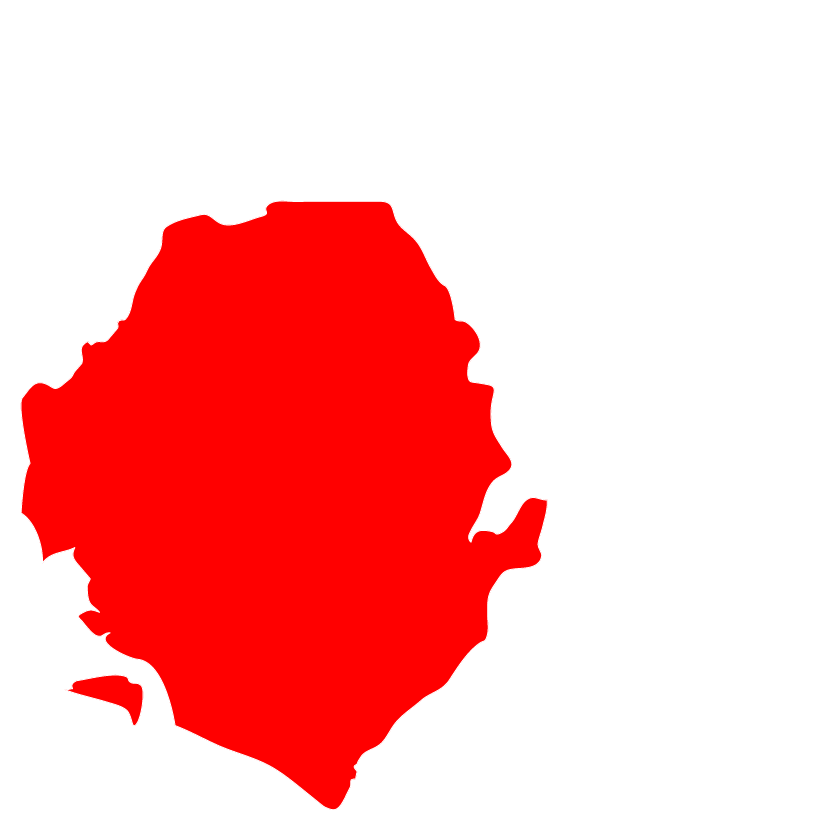After nearly 14 years of conflict, Syria remains a complex humanitarian and protection emergency characterized by ongoing hostilities and their long-term consequences, including widespread destruction of civilian infrastructure, economic collapse, explosive ordnance contamination, diseases outbreaks, and one of the largest numbers of internally displaced people in the world, coupled by a devastating earthquake in 2023, the latest spillover effect of the 2024 Lebanon-Israel War Crisis, and the most recent internal change of Syrian regime. This build-up of events has devastated Syria’s economy and infrastructure, leaving 90 per cent of the population in poverty and relying on some form of humanitarian aid, says the UNHCR.
Regardless of how the situation unfolds, millions of Syrians will need help to get through this winter and beyond. “The country is not ready in terms of the availability of basic services; We are talking about health, education, water and sanitation, infrastructure, shelter, you name it. Those basic needs are not there even for the people who live in the country, let alone an additional influx coming from the outside”, said Adam Abdelmoula, UN Resident and Humanitarian Coordinator in Syria on December 13th, 2024.
Since September 2024 as well, hundreds of thousands of people were forced to cross into Syria amid escalating hostilities in Lebanon; Many are being hosted by Syrian families and communities that are already vulnerable. Meanwhile, families in Syria continue to struggle to meet their basic needs.
In many ways, the humanitarian needs across the whole of Syria are currently at their highest since the start of the conflict in 2011 and the newest escalations are threatening the collapse of an already dire system; The security context in all of Syria remains highly volatile, unpredictable and rapidly fluctuating, with reports of escalating incidents across multiple locations.
A Snapshot of The Syria 2024 Humanitarian Needs Overview (HNO) per OCHA 2024 highlights the urgency to address the continued violations of IHL and IHRL, weak justice system and lack/limited access to rule of law and legal remedies, basic services that are collapsing, an ongoing cholera outbreak, climatic shocks and providing emergency agricultural assistance as crucial in addressing food insecurity in Syria, lack of jobs, services, and assistance driving needs, more than 6 million children at risk, especially those out-of-school and with disabilities, volatile fluctuation and depreciation of the value of the SYP, shortage of fuel and energy, emerging and re-emerging infectious diseases and medical needs; Gaps where all requesting members of this appeal have been working non-stop to fill.
The 5th revision of this appeal has for change a much-needed update of the context, an amendment of the appeal geographic focus location to Syria only with halting of appeal activities in Turkey by beginning of 2025, an increase of the needed response budget, and a changed results framework with an inclusion of the recent effects of the escalations in both Lebanon and Syria on Syria in 2025; As well as welcoming EPDC as a new requesting member. The updated document is a result of both field and programmatic interagency coordination efforts, and assessments that ACT Requesting Members have undertaken individually and jointly to refine activities and holistically address fast-changing needs of communities from both Lebanon and Syria as targets groups, with a highlighted focus on the SCLR component.
The appeal has so far been covered with USD 15,349,755 including pledges; The needed budget with this revision is USD 6,517,074.
SYR231 REV.5 Syria Turkey Response
SYR231 REV.5 Results Framework
In the midst of the above, the ACT Syria Forum Members have also issued a statement to the world; Please find it here: https://actalliance.org/act-news/a-message-from-the-act-alliance-syria-members/
Links to the previous versions:
https://actalliance.org/appeals-rapid-response-funds/syria-and-turkiye-syria-protracted-crisis-developing-the-resilience-of-affected-people-and-emergency-response-for-affected-communities-of-syria-turkiye-earthquake-syr231-revision-4/
Syria and Türkiye: Syria Protracted Crisis – Developing the Resilience of Affected People and Emergency Response for Affected Communities of Syria-Türkiye Earthquake – SYR231- Revision 3 – ACT Alliance
Syria and Türkiye: Syria Protracted Crisis – Developing the Resilience of Affected People and Emergency Response for Affected Communities – SYR231- Revision 2 | ACT Alliance
Syria: Syria Protracted Crisis – Developing the Resilience of Affected People and Emergency Response for Affected Communities of Syria-Türkiye Earthquake- SYR231- Revision 1 | ACT Alliance
SYRIA: Syria Protracted Crisis – Developing the Resilience of Affected People – SYR231 | ACT Alliance


